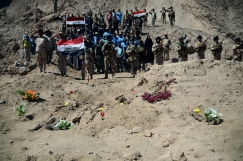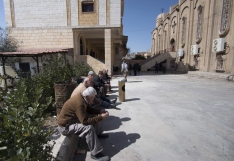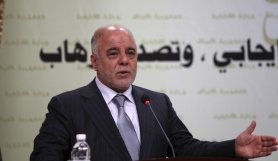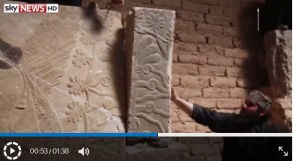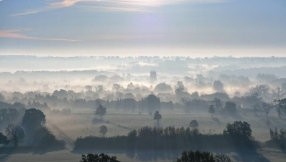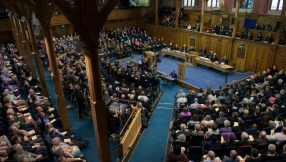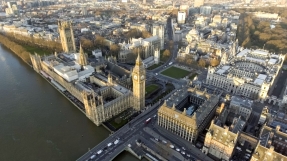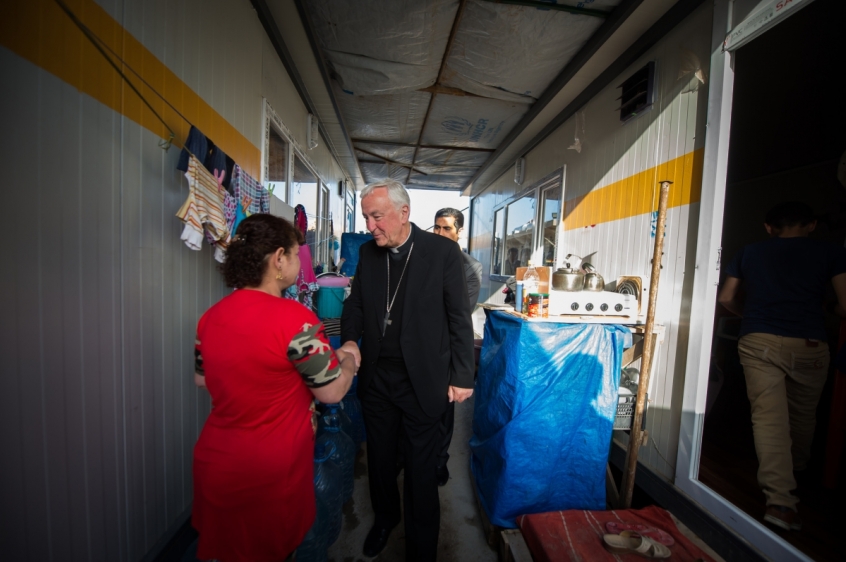
The leader of the Catholic Church in Britain has appealed to international leaders to recognise that religious life in Iraq is not a problem to overcome, but essential to rebuilding a fractured society.
Archbishop of Westminster Cardinal Vincent Nichols has just returned from a brief visit to a number of refugee centres in Erbil, in the north of the country this weekend.
Speaking in London today, he said international leaders must recognise that in the long-term task of rebuilding Iraq in the wake of the devastation by Islamic State, religious communities have an essential role to play.
"Please do not think of the religious life, especially the Christian life of this area as a problem," he said. "Think of it as a major part of a solution that we have to fashion."
In August last year 125,000 people arrived in Erbil, fleeing persecution by Islamic State, and many sought sanctuary at St Joseph's Cathedral.
Chaldean Archbishop of Erbil Bashar Matti Warda has worked with leaders from the Syrian Catholic and Syrian Orthodox churches to provide shelter for the refugees, first in the Cathedral and its grounds and since then in camps.
Eight months on and the 65,000 people who remain displaced have been housed in refugee centres – living in temporary buildings similar to porta cabins, or in rented accommodation. Of the six centres Nichols visited, five were for Christian communities who fled from villages in the Nineveh plains, and the sixth was for those from the Yazidi community. All of them were being supported by the churches.
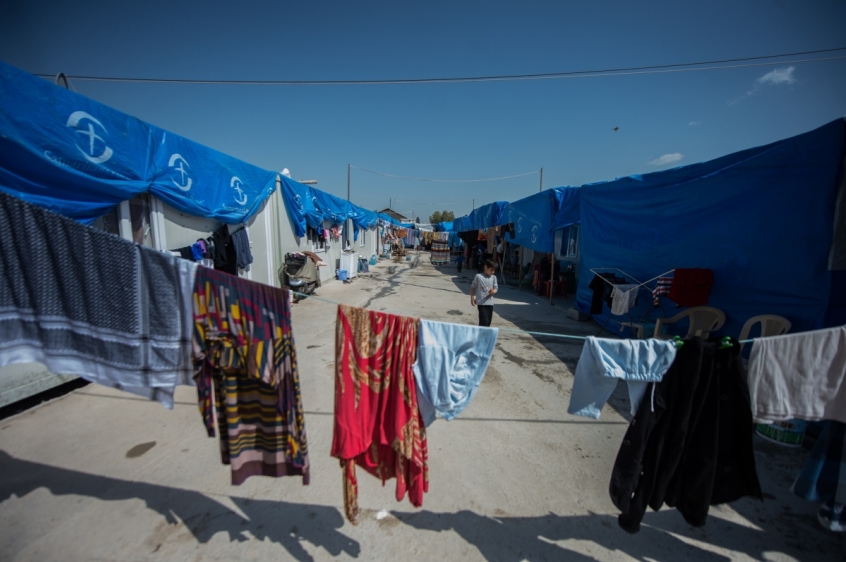
Cardinal Nichols said that the philosophy underpinning the support is "help with dignity" – seeking to ensure that it will help people back onto their feet, despite the trauma they have faced.
There have been some territorial gains for Iraqi forces in recent weeks, notably regaining control of the strategic city of Tikrit at the end of March. But Iraq is far from peaceful. Although there are ongoing revelations of acts of brutality by Islamic State, Nichols said that there was an emphasis on rebuilding Iraq and looking to the future.
"It is impossible to go there, and to meet especially the children, without being determined that they must have a future," the Cardinal said.
But the task ahead is vast: regaining land from Islamic State, rebuilding ruined town and cities, establishing law and order and rebuilding society.
Nichols said that in the project to rebuild Iraq, "the presence of the Christian community is essential".
"I say that not out of a nostalgic sense that this is a Christian community that's 2,000 years old. This not a cultural, historical, or an archaeological issue. This is an issue of how do you build a stable, balanced society, in that region, and I think... the Christian presence is essential to that mosaic."
Nichols said that the Christian commitment to forgiveness and reconciliation was something fundamental thing it could offer.
"It's not a question of minority rights," he added, "it's a question of a stable fabric for a community in the future."

Despite the looming struggle to rebuild both infrastructure and social structures, many are still keen to return to their villages one day.
Views differ as to whether western nations should have done more to welcome refugees from Iraq and Syria. But Cardinal Nichols says he supports Archbishop Warda's attempt to encourage people to stay in Iraq if they want to.
While the Chaldean leader respects that each family must make their own decision, he wants to give them a reason to stay – by providing them and their children with a hope for the future.
The Archbishop has founded a school which follows the International Baccalaureate, and is planning to establish a university as well, in the hope of raising he academic attainment of those in the refugee centres.
"It's the kind of vision that the whole situation needs," Nichols said. He also praised the work of the church leaders in the region, who, despite being displaced along with their communities and seeing their churches desecrated by the militants, continued to find the resource and inspiration to carry on and to help others.
"If ever you wanted to see religious smelling of the sheep, as Pope Francis likes to say, this is it," he said.











